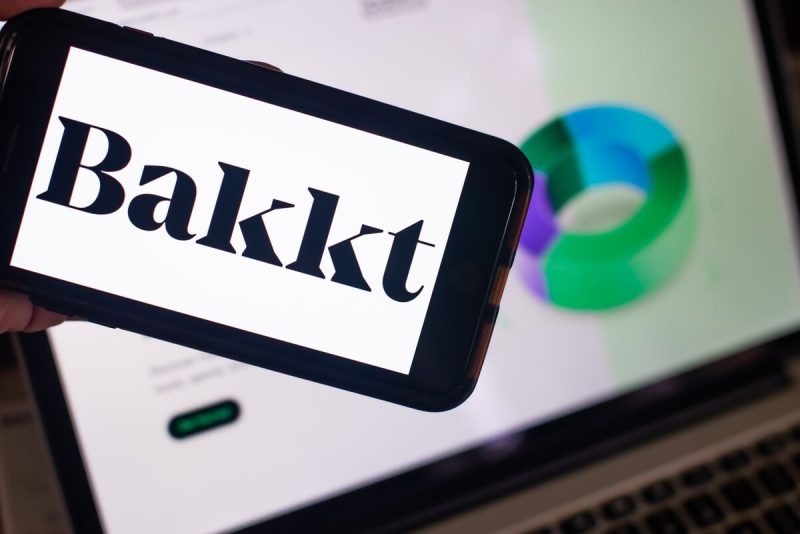New York-based derivatives exchange Bakkt has made a decision to halt the trading of three prominent altcoins—Solana (SOL), Polygon (MATIC), and Cardano (ADA). This move comes as a response to the recent developments in regulatory measures by the United States authorities.
The Impact of Lawsuits on Crypto Exchanges
Last week, the United States Securities and Exchange Commission (SEC) brought lawsuits against leading crypto exchanges Binance and Coinbase. In these lawsuits, the SEC classified more than 20 digital assets as securities. The list includes SOL, MATIC, and ADA. With these additions, the estimated count of cryptocurrencies viewed as “securities” by the U.S. regulator has increased to 68.
Also Read: Robinhood to Delist Cardano, Polygon, and Solana
Regulatory Uncertainty Leads to Market Changes
In an interview with Fortune, Bakkt’s general counsel and secretary, Marc D’Annunzio, stated that the company is adjusting its offerings “until there is further clarity on how to compliantly offer a more extensive list of coins.” The enforcement actions by the SEC have created an atmosphere of regulatory uncertainty, causing other trading platforms to also delist certain token pairs. Notably, eToro stopped purchases of Algorand (ALGO), Decentraland (MANA), MATIC, and Dash (DASH) for its U.S. customers. This action followed on the heels of Robinhood discontinuing support for SOL, MATIC, and ADA.
Delisting Altcoins and the Resulting Market Shift
The delisting of altcoins has led to a tightening of liquidity for tokens already struggling due to the market downturn. MATIC, ADA, and SOL collectively witnessed nearly a $10 billion decrease in market capitalization, as per CoinMarketCap data. SOL’s market cap decreased from $8.78 billion to $5.85 billion, ADA’s from $13.31 billion to $9 billion, and MATIC’s from $8.37 billion to $5.32 billion.
The decision to delist follows Bakkt’s $55 million cash and stock acquisition of the blockchain technology platform Apex Crypto in April. Post-acquisition, Bakkt also restructured token pair trading on its platform, reducing the number of listed crypto tokens from 36 to 25.
